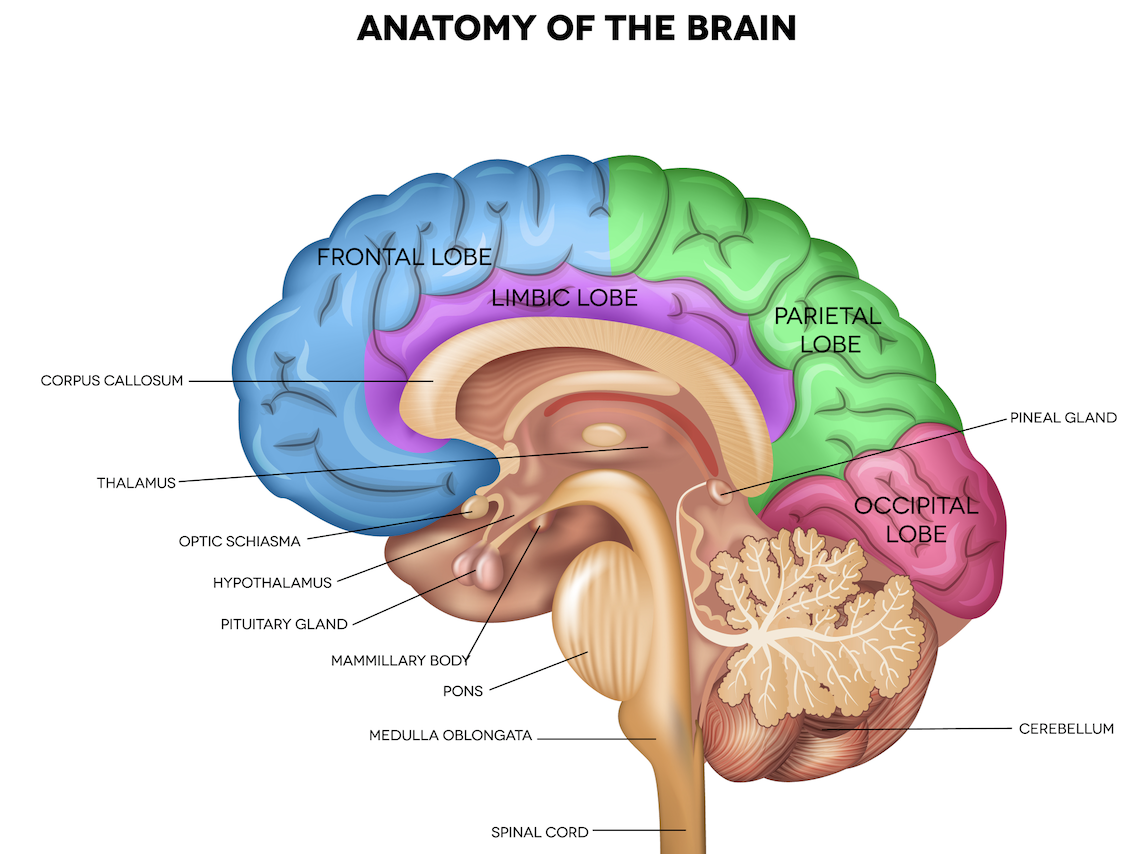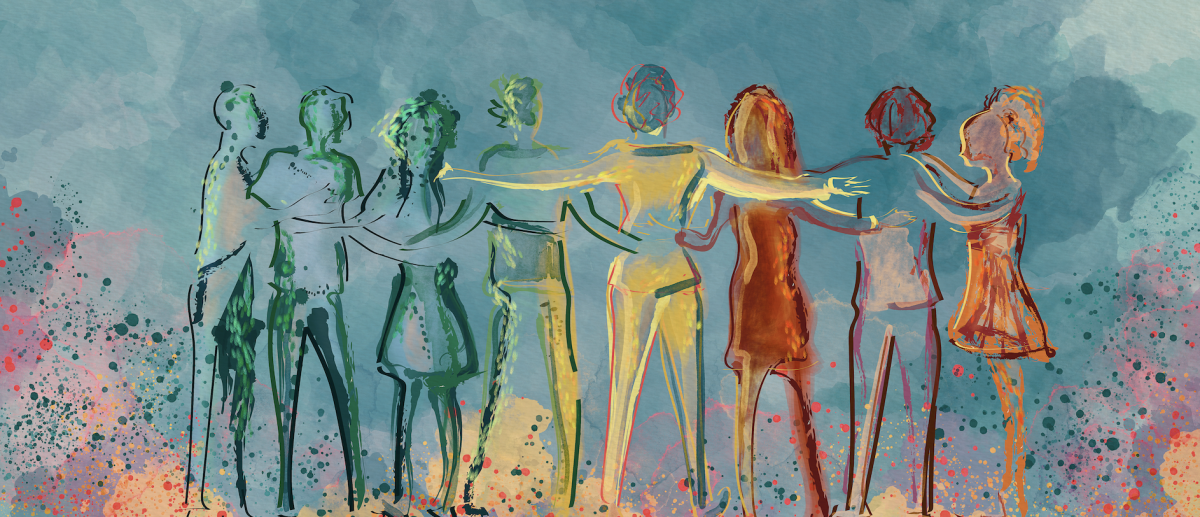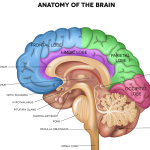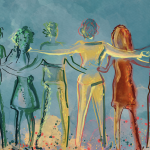Scientists Discover Brain Neurons That Trigger Social Interaction
March 16, 2025 - Brooklyn, NY - A recent Harvard study has identified a group of neurons in the hypothalamus that drive social behavior. These neurons activate when people engage with others and become more active after periods of isolation, much like the brain's response to hunger. The findings suggest that social connection is not just beneficial—it’s a biological necessity.
When humans experience extended loneliness, these neurons trigger a craving for interaction similar to how the body signals hunger or thirst. This research underscores the idea that forming and maintaining relationships is essential for psychological and physical well-being, rather than a luxury or preference.
This article comes from the office of David Tzall, Psy.D, a Brooklyn psychologist known for highly effective individual therapy, couples counseling, parent coaching, and more.
Lack of Social Connection is Linked to Mental and Physical Health Risks
Long-term isolation has serious consequences. Studies have linked social disconnection to an increased risk of depression, anxiety, cognitive decline, and heart disease. People with strong social connections tend to live longer, experience fewer health complications, and report higher levels of happiness.
The brain perceives loneliness as a stressor, releasing stress hormones that can lead to chronic inflammation and a weakened immune system. Over time, this stress can contribute to high blood pressure, sleep disturbances, and reduced resilience to illness. The new research reinforces the importance of prioritizing meaningful relationships to protect overall health.
At the 2024 Brilliant Minds Convention, Leadership expert Simon Sinek calls friendship the "ultimate biohack" for longevity, stress reduction, and mental health, linking strong social connections to increased life satisfaction and a lower risk of depression.

Experts Emphasize Prioritizing Social Interaction for Better Health
Mental health professionals stress the importance of fostering strong relationships as a key factor in emotional and physical well-being. Research consistently shows that people with close social connections experience lower levels of stress, greater resilience to mental health challenges, and a better overall quality of life. Social bonds help regulate emotions, provide support during difficult times, and even influence longevity.
Experts recommend prioritizing consistent interaction with family, friends, and community groups to promote meaningful social engagement. Scheduling regular in-person or virtual meetups, participating in social activities, and joining community programs can help strengthen relationships. Simple habits, like checking in with loved ones, volunteering, or engaging in shared hobbies, contribute to a sense of belonging and emotional support.
Communities also play a role in reducing social isolation. Public health initiatives that encourage group activities, social support networks, and inclusive community spaces can help individuals build connections. Whether through workplace wellness programs, neighborhood events, or therapy and support groups, investing in social well-being benefits both individuals and society as a whole.
Brooklyn Psychologist Dr. David Tzall welcomes those seeking effective, evidence-based therapy - in-person or virtual. Schedule a free consultation today.





